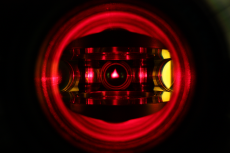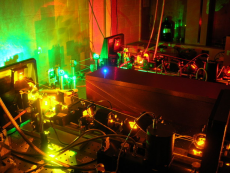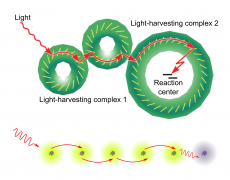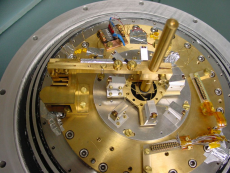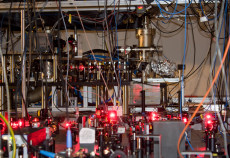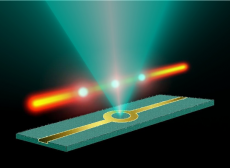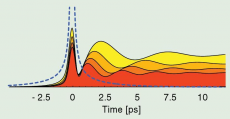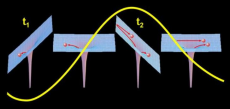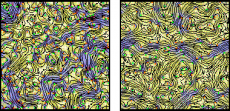CQD Special Seminar
13. April 2010 17:30
HS 1, Kirchhoff-Institut für Physik, Im Neuenheimer Feld 227Inauguration ceremony with Public lecture: Time and Einstein in the 21st century
Prof. Bill Phillips
National Institute of Standards and Technology, Gaithersburg, USA
Public Evening Lecture
at the occasion of the inauguration of the
Center for Quantum Dynamics of the Ruprecht-Karl University Heidelberg
“Time and Einstein in the 21st century”
Prof. Bill Phillips
Abstract: At the beginning of the 20th century Einstein changed the way we think about Nature. At the beginning of the 21st century Einstein's thinking is shaping one of the key scientific and technological wonders of contemporary life: atomic clocks, the best timekeepers ever made. Such super-accurate clocks are essential to industry, commerce, and science; they are the heart of the Satellite Navigation System that guides cars, airplanes, and hikers to their destinations. Today, atomic clocks are still being improved, using atoms cooled to incredibly low temperatures. Atomic gases reach temperatures less than a billionth of a degree above Absolute Zero,without freezing. Such atoms enable clocks accurate to better than a second in 80 million years as well as both using and testing some of Einstein's strangest predictions.
Programme
16:00 - 17:30 hours:
Poster presentation of the groups of the Center for Quantum Dynamics in the Foyer of the Kirchhoff Institute.
17:30 - 19:00 hours:
Inauguration Ceremony by representatives of the University (Dean of the Department of Physics and Astronomy, Prof. Christian Enss, and Director of the CQD and Director of the Physics Institute, Prof. Matthias Weidemüller).
Lecture by Prof. Bill Phillips
Get-together at the Foyer of the Kirchhoff Institute.

